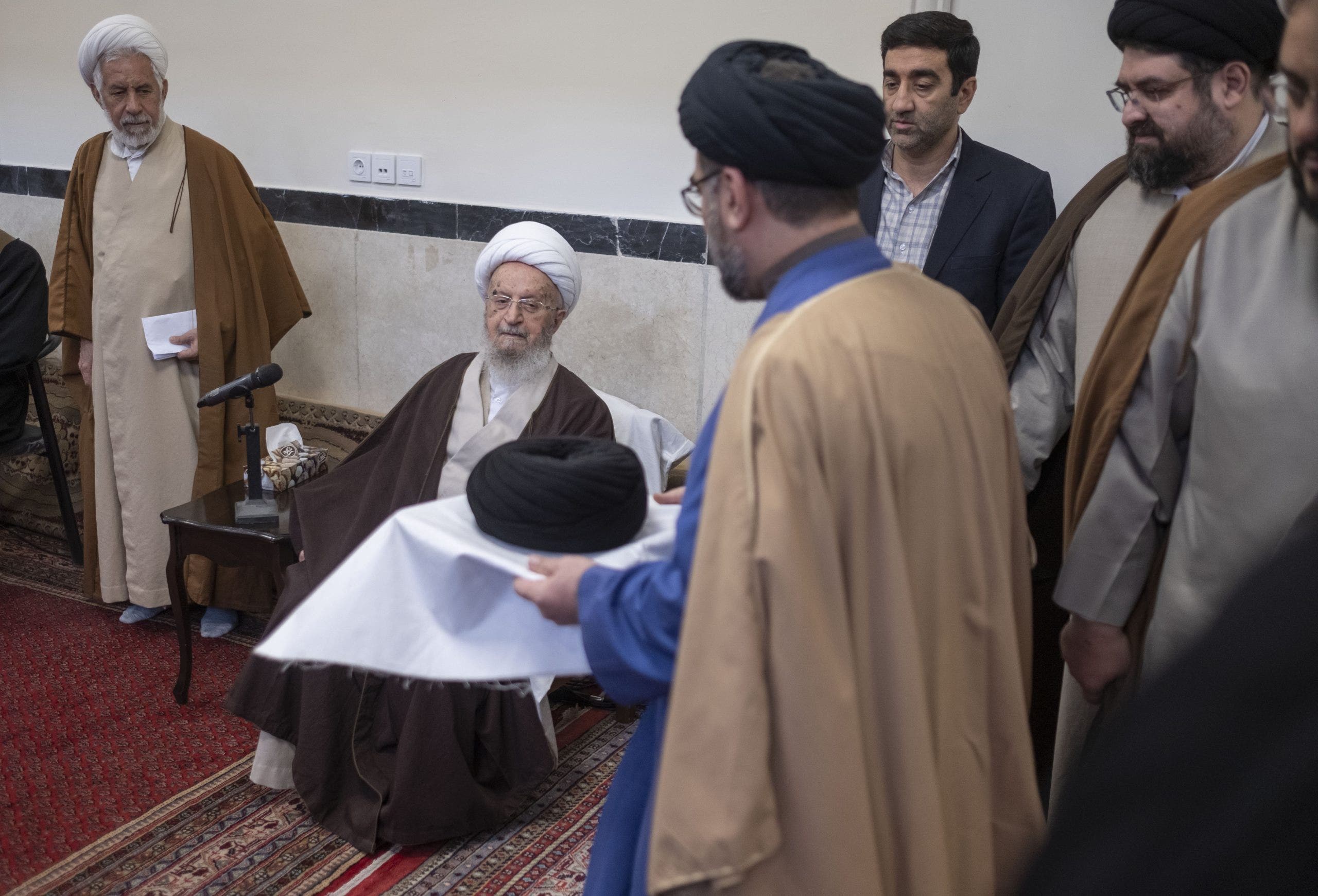Shiite leader’s fatwa labels Trump and Netanyahu ‘warlords’ amid tensions

Iran’s top Shiite cleric, Grand Ayatollah Naser Makarem Shirazi, recently issued a religious decree against President Donald Trump and Israeli Prime Minister Benjamin Netanyahu. This fatwa, as reported by the New York Sun, calls on Muslims worldwide to take a stand against any individual or government that poses a threat to the leadership and unity of the global Islamic community (the Ummah).
In the ruling, Ayatollah Makarem Shirazi declared that those who endanger the Islamic Ummah are to be considered as “warlords” or “mohareb,” individuals who wage war against God. Under Iranian law, individuals identified as mohareb can face severe punishments such as execution, crucifixion, limb amputation, or exile. The fatwa concluded with a prayer for protection against these perceived enemies and for the swift return of the Mahdi, a messianic figure in Shiite Islam.
Niyak Ghorbani, a British-Iranian commentator, condemned the fatwa as a state-endorsed incitement to global terrorism. He warned that the Islamic Republic’s aggression extends beyond domestic dissent and signals a broader international agenda for religiously motivated violence.
This fatwa comes in the wake of what has been termed the “12-Day War,” during which American and Israeli forces reportedly targeted Iran’s nuclear capabilities. Israeli airstrikes on Iranian nuclear and military facilities led to retaliatory ballistic missile attacks on Israeli cities, prompting the U.S. to join the conflict by striking three Iranian nuclear sites.
President Trump had previously cautioned Iran against further uranium enrichment to weapons-grade levels, threatening additional American action. The conflict culminated in a brief ceasefire after 12 days of intense hostilities.
This is not the first instance of Iranian clerics using fatwas to incite violence. The most notorious case was the 1989 decree against author Salman Rushdie following the publication of his novel “The Satanic Verses,” which many Muslims found offensive. This fatwa forced Rushdie into hiding and resulted in the murder of a Japanese translator, as well as multiple attacks on the book’s publishers. Rushdie has survived several assassination attempts, including a 2023 stabbing incident in upstate New York where he lost an eye.
It is crucial to note the potential implications of religious decrees like the one issued by Ayatollah Makarem Shirazi and the need for diplomatic efforts to prevent further escalation of tensions in the region.




